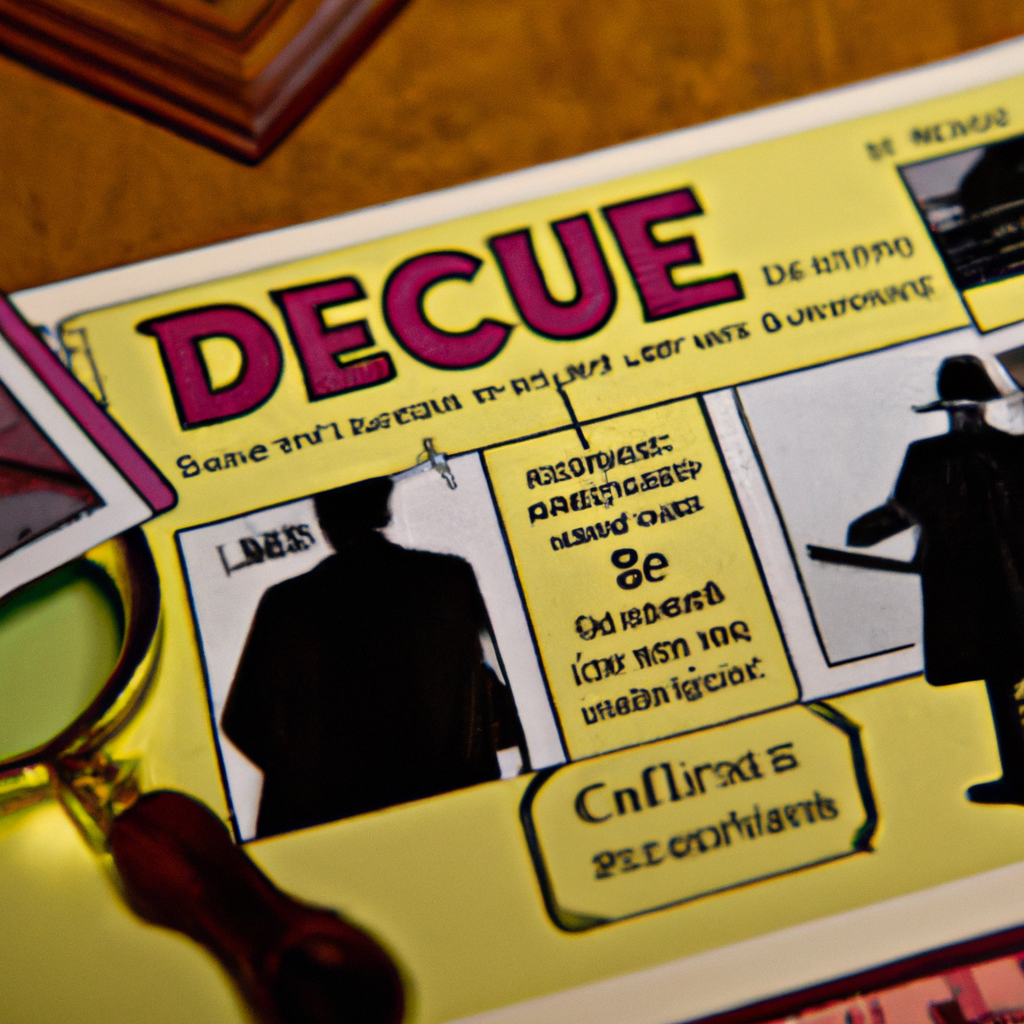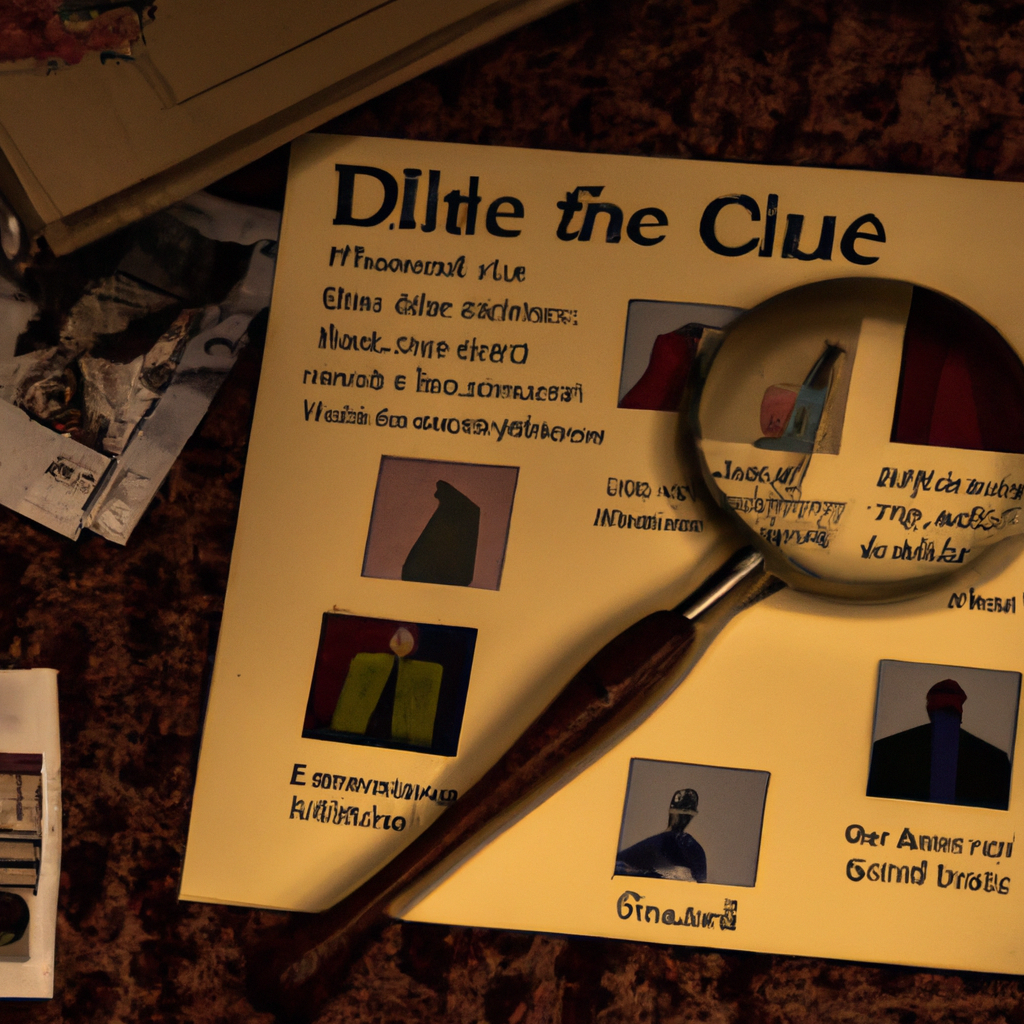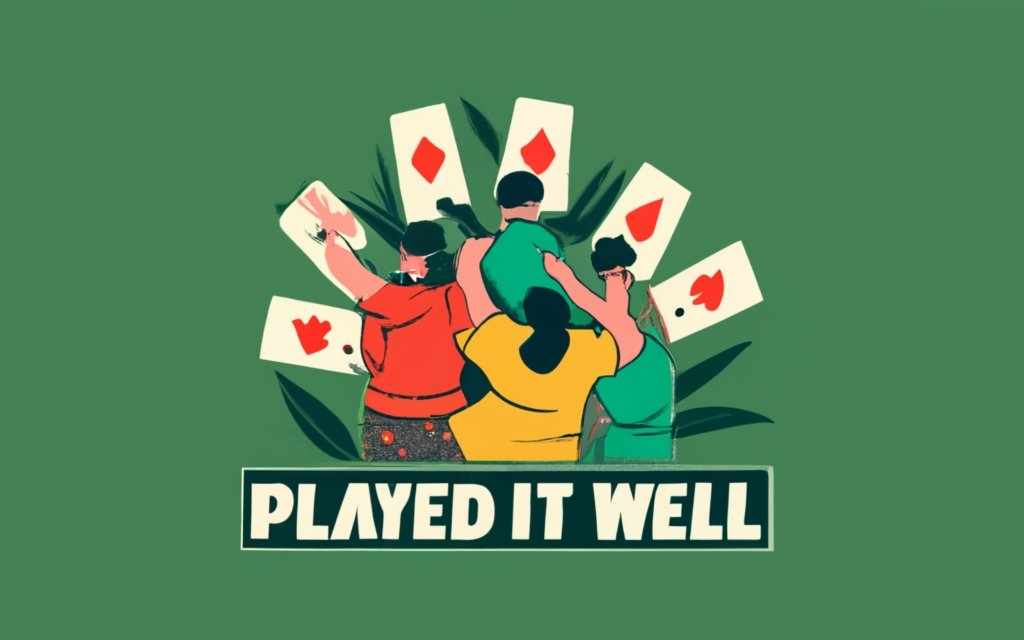Imagine yourself in the heart of a classic mystery game – Clue, but with an elevated level of challenge. The complexity that has been added to this harder version will engage you more than ever before. Every turn will push your cognitive and tactical abilities to the limit while engrossing you in an exciting race against time. This version of the game is not just about figuring out the murderer, the weapon, and the room. Instead, it intricately involves you, testing your wits and how well you can handle pressure. Trust us when we say, the “Harder Version Of Clue” will keep you on your toes at all times.

This image is property of images.pexels.com.
Understanding the Basic Game of Clue
As you embark on the journey of playing Clue, you start by understanding the roots of this mysterious yet fascinating game that has intrigued people worldwide for generations.
Origins of Clue
Clue is an intriguing detective-themed board game originally formulated by British musician Anthony E. Pratt in 1944. Pratt, inspired by whodunit crime novels, conceived the game during long air-raid drills in WWII. His desire was to create an entertaining diversion that would stimulate thought and engage players in an interactive gaming experience.
Gameplay Mechanics
Clue is best played with 3-6 players, with the objective of determining who, where, and using what weapon a murder happened. You start by randomly selecting a character card, along with a weapon card and a room card. The remaining cards are then distributed to the players, and you’re off to work with your detective skills. Using deduction, you seek to narrow down the options by making suggestions and watching players’ reactions.
Characters and Roles
In Clue, each player assumes the role of one of the six colorful characters: Miss Scarlett, Professor Plum, Mrs. Peacock, Mr. Green, Colonel Mustard, and Mrs. White. Each character starts in a different location and uses different strategies depending on their position.
Winning Conditions
The player who correctly identifies the murder details first – the murderer, the weapon, and the room – is declared the winner. But remember, to win in Clue, you need a good balance between strategy and luck.
Introduction to Harder Version of Clue
After getting a grip on the basic game, you might want to take up a much tougher challenge: the harder version of Clue, known as Clue: Master Detective.
Zooming in to Clue: Master Detective
Clue: Master Detective builds upon the original Clue game by adding more characters, rooms, and weapons, leading to an increase in deductive reasoning and complexity.
Understanding the Enhanced Complexity
With the addition of more murderers, rooms, and weapons in the mix, the complexity significantly shoots up. This version requires more keen observation, smarter guesses, and sharper logic to solve the mystery correctly.
How it is Different from the Original
Besides the addition of new characters, weapons, and rooms, Clue: Master Detective also involves modified movement rules and the adoption of intrigue cards which allow players to use special abilities or moves.
The Extra Characters in the Harder Version of Clue
To keep the game interesting and difficult, the Master Detective version introduces six new colorful characters into the mix.
Additional Characters and Their Roles
You’ll meet characters such as Miss Peach, Sergeant Gray, Monsieur Brunette, Madame Rose, Lady Lavender, and Prince Azure. Each comes with their unique background and starting point, adding an extra layer of strategy to the game.
Impacts on the Gameplay
These characters create a wider range of potential murderers, leading to a higher variety of possible outcomes. More characters mean more cards handed out at the beginning, creating a more extensive database of information to deduce from.
Strategic Considerations with New Characters
With additional characters, not only are the deductive components of the game expanded, but strategies must also be adjusted. Placement on the board becomes more crucial, and the use of the characters’ unique abilities can significantly alter the game’s course.
The Extended Game Board
The Master Detective version of Clue comes with a broader landscape packed with intrigue and possibilities.
Overview of Added Locations
The original nine-room floor plan gets an exciting expansion with four additional locations: a Courtyard, a Gazebo, a Guest House, and a Carriage House. These additions make the mansion even more labyrinthine and the whodunit more challenging.
Impact of Expanded Board on Game Strategy
The extension of the game board demands players to be more tactical in moving characters. The extra rooms provide more potential murder locations, requiring additional questions to be raised and clues to be gathered.
Navigating the New Challenge
Managing more rooms can appear daunting, but with patience and logic, it need not be overwhelming. The key is to keep track of the information gathered and make every move count.

This image is property of images.pexels.com.
In Depth Exploration of New Rules
Master Detective introduces game modifications to add more mystery and excitement to the Clue franchise.
Understanding Rule Modifications
In this version, there are no set paths for moving from room to room. You can also make suggestions even if your character isn’t in the room. Intrigue cards add surprise elements and can be collected to acquire extra help in solving the mystery.
How New Rules Influence the Game Tactics
The new rules encourage players to utilize shrewd judging techniques and creative strategies. Correct and timely use of intrigue cards can swing the game in your favor.
Balancing Challenges with Strategies
Though the unexpected can occur with new rules, it also gives you new ways to outfox your opponents. This balance requires players to constantly revise strategies and adapt to unfolding events.
Strategic Approaches in Harder Version of Clue
Master Detective requires a blend of robust strategy and understanding of the new conditions to navigate towards victory.
Adapting to the Complexities
With more factors to consider, flexibility and adaptability become essential. Listening attentively to players’ suggestions and remembering the cards you’ve seen can provide valuable insights into unmasking the culprit.
Strategies for a Successful Game
Proper use of limited moves, smart use of suggestions, and efficient tracking of all information can dramatically increase your chances of winning. Always remember that every little bit of information, however insignificant it may seem, carries potential clues.
Handling Increase in Possible Outcomes
With more characters, weapons, and rooms comes an expanded range of outcomes. The trick is to narrow down the possibilities tactically until you reach the correct solution.

This image is property of images.pexels.com.
Popular Tactics
Experienced players have developed some time-tested strategies that you can employ right away.
Proven Strategies by Experienced Players
Using character blocking to restrict opponents, focusing on less visited rooms, or always starting with new suggestions are some tactics that might prove beneficial.
Capsuling the Victim Strategy
This involves focusing on the potential victims instead of the killers. Could one of the clues point to an innocent character instead?
Occam’s Razor Deduction
This philosophy believes that the simplest solution is often the right one. You might benefit from using this when faced with multiple possibilities.
Avoiding Common Mistakes in Harder Version of Clue
Often, the game can be lost due to simple mistakes. Awareness of such pitfalls can go a long way to ensure victory.
Typical Errors by Beginners
Overlooking clues, making wrong accusations or revealing too much information can be some typical errors. Keep your clues close to your chest, be observant, and avoid hasty decisions.
How to Respond to Unexpected Situations
The game often springs surprises. Instead of panic, reassess your strategy and look for a way around the complication.
Benefiting from Opponent’s Mistakes
An opponent’s mistake can be your gain. Watch out for slips, and capitalize on them. A player revealing more than necessary or making wrongful allegations can be easy pickings for you.

Advanced Tips for Harder Version of Clue
Master Detective requires some advanced tactics to help you stay several steps ahead of your competitors.
Expert Advice for Winning
Experts suggest making an accusation only when you’re almost certain, as a wrong accusation can cost you the game. Also, keep track of all suggestion sequences – remember the cards shown to you and the ones you’ve shown to others.
Applying Logic and Probability in the Game
Use the laws of probability to your advantage. The frequency of certain cards or characters can indicate their innocence or guilt.
Using Player Behavior as Clues
Often, the behavior of players can provide valuable hints. Look for nervous tics, hasty decisions, or overconfidence – these could be indicators of critical information.
Summary: Mastering the Harder Version of Clue
Master Detective, with its intricacies, brings new dimensions to the classic game of Clue.
Recap of Strategic Approaches
Remember, a good strategy involves adaptability, smart use of suggestions, efficient information tracking, and making the most of each move. Avoid common mistakes and watch opponents for valuable insights.
Overcoming the Extra Challenges
Embrace the additional characters, extended game board, new rules, and understand how they influence the gameplay. Make these challenges work in your favor.
Transforming Obstacles into Opportunities
Every new character, room or rule can potentially lead to an obstacle. View these as possibilities waiting to be unlocked by innovative strategies. Remember, the best Clue Master Detectives are those who view every challenge as an opportunity.


